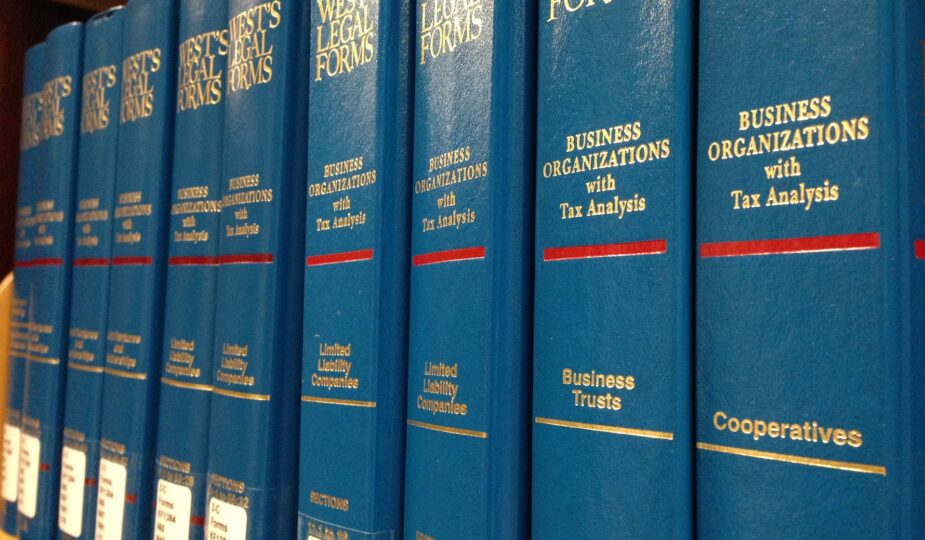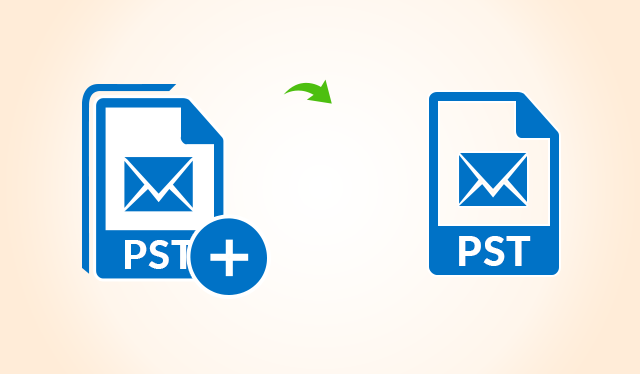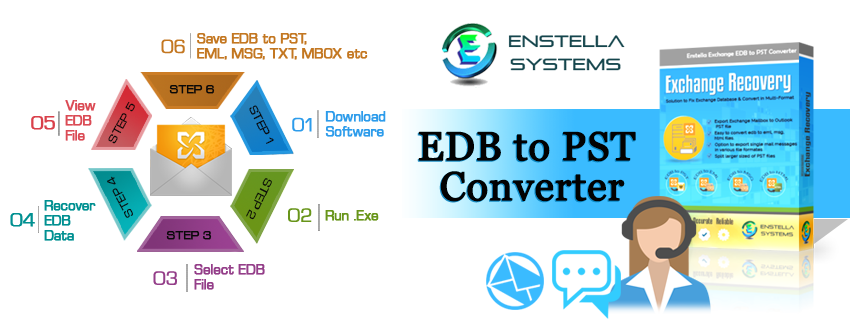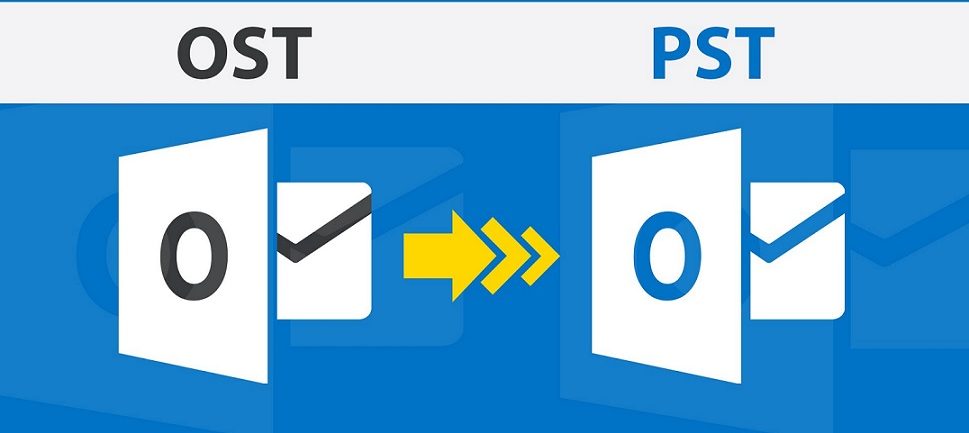As a landlord, it’s important to have a clear understanding of your rights and responsibilities. From property maintenance to tenant relations, there are many legal requirements that you must adhere to for the success of your investment. In this article, we’ll explore seven essential areas of the law that every landlord should be aware of.
1. Property Maintenance and Safety Regulations
As a landlord, you are responsible for maintaining your property in a safe and habitable condition. This includes ensuring that the property meets all necessary safety standards, such as working smoke detectors and proper electrical wiring. Additionally, you must make repairs to the property in a timely manner and address any health and safetyhazards that may arise.
2. Tenant Relations
One of your most important responsibilities as a landlord is maintaining a positive relationship with your tenants. This means addressing their concerns and complaints promptly and professionally and adhering to all fair housing laws. It’s also important to have a clear and written rental agreement that outlines the tenancy terms and conditions.
3. Rent and Lease Agreements
When it comes to rent and lease agreements, there are several important legal requirements that you must abide by. This includes setting the rent at a fair market rate and providing a written lease agreement outlining the tenancy terms. You must also follow all local rent control laws and provide proper notice of rent increases.
4. Evictions
Evictions can be a complex and time-consuming process, so it’s important to understand your rights and responsibilities as a landlord. In most cases, you can only evict a tenant for specific reasons, such as non-payment of rent or violating the lease agreement. You must also follow all necessary legal procedures and provide the tenant with proper notice and a fair opportunity to correct the issue.
5. Security Deposits
Another important aspect of tenant relations is the handling of security deposits. You must keep the security deposit in a separate, interest-bearing account and return it to the tenant at the end of the tenancy, less any deductions for damages or unpaid rent. It’s essential to have clear and written guidelines in place for handling security deposits and to follow all local laws and regulations.
6. Tax Obligations
As a landlord, you have several tax obligations that you must be aware of. This includes reporting all rental income on your tax return and paying taxes on any profit you make from the rental property inspection. You must also keep accurate records of all expenses related to the property, as these can be used to offset your taxable income.
7. Insurance Considerations
It’s important to consider insurance when it comes to being a landlord. This includes having adequate professional liability insurance to protect yourself against lawsuits related to injury or property damage and insurance to protect your property against loss or damage. It’s a good idea to speak with an insurance professional to determine what type and amount of insurance is best for your specific needs. By familiarising yourself with these seven key areas of the law, you can be better prepared to navigate the legal landscape of being a landlord. Remember, it’s always a good idea to consult with a legal professional if you have any questions or concerns about your rights and responsibilities as a landlord.









